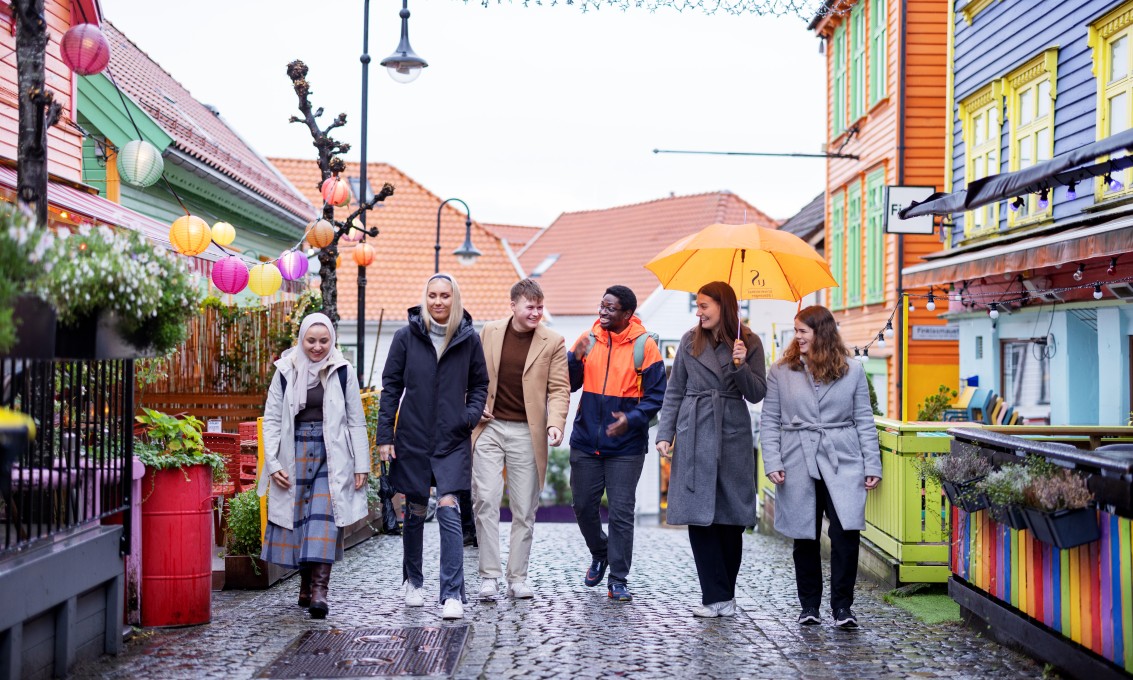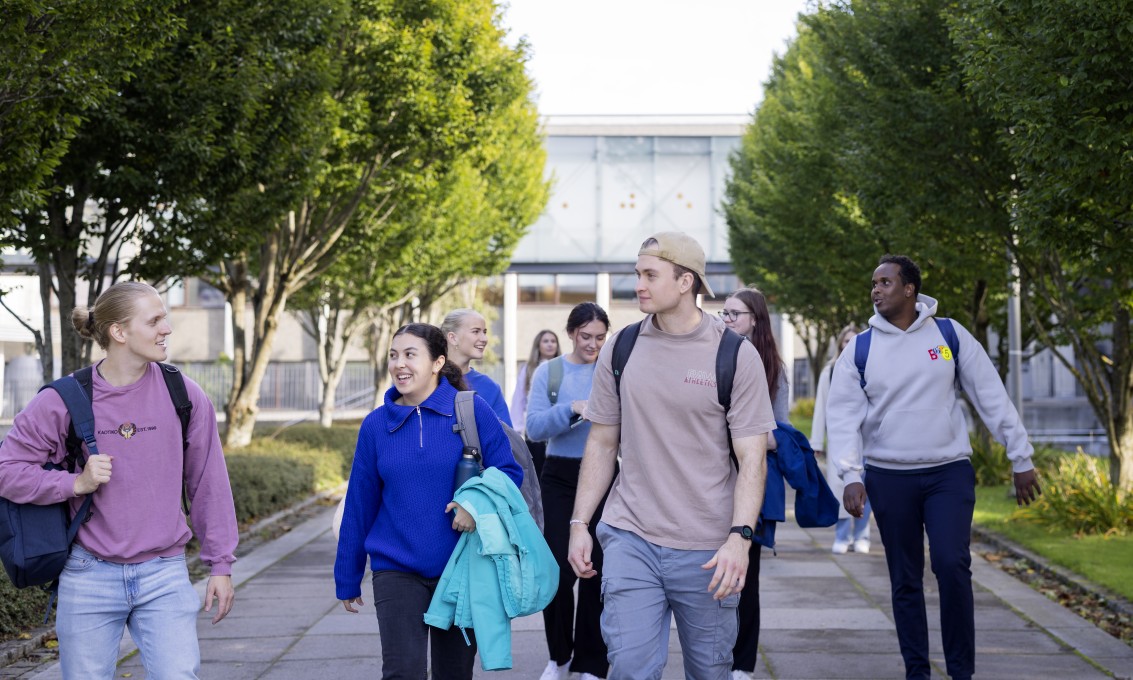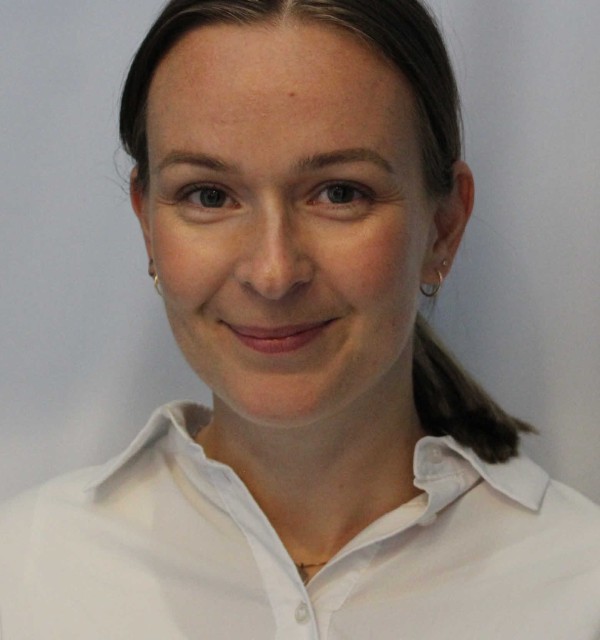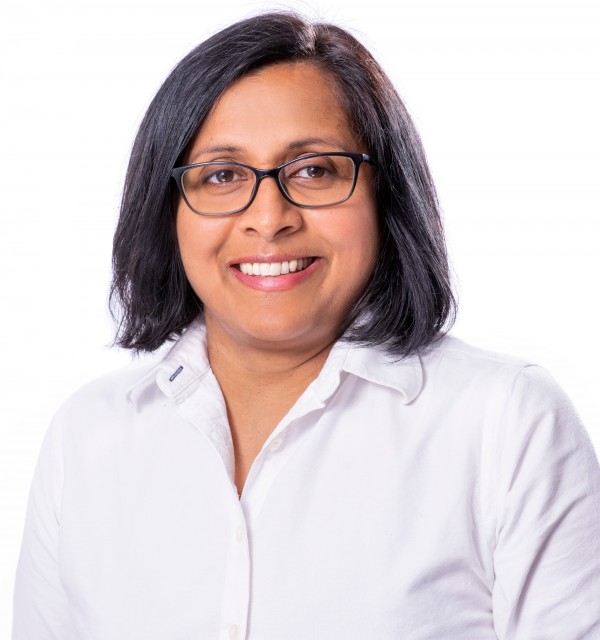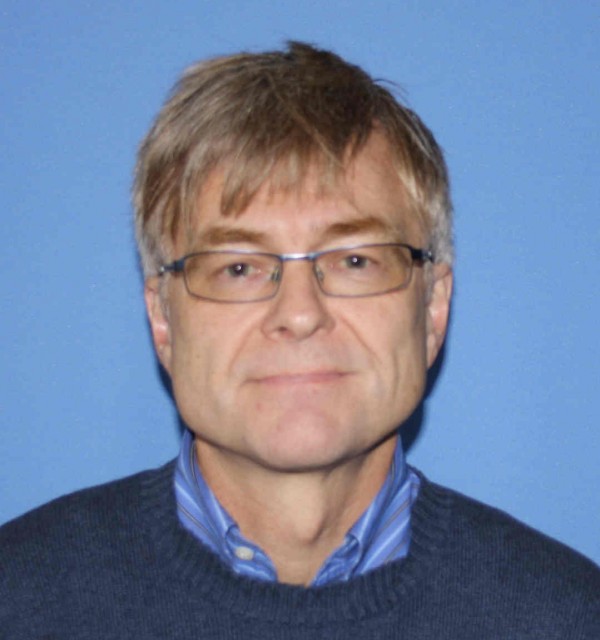This study programme provides an education in either mechanical or structural engineering, giving you the necessary engineering tools to turn challenges into opportunities.
2 years (4 semesters)
English
August every year

About the study programme
This programme offers two specialisations, Structural Engineering and Mechanical Engineering. These two specialisations share a common interest in the understanding of how materials and structures react to forces. This is reflected in common courses like mechanics, dynamics, and simulation methods.
If your background is in civil engineering, the structural engineering specialisation will give you competence in the analysis, design, construction, and maintenance of civil and offshore structures. The learning outcomes provide core competences and skills to work with engineering aspects of buildings, bridges, offshore platforms, wind turbines and other structures.
The mechanical engineering specialisation, will teach you the design and manufacturing of mechanical equipment. This includes CAD/CAM, additive manufacturing, welding, inspection, as well as fluid dynamics and materials science. This specialisation prepares you for working in a wide range of fields, such as production and manufacturing industries, renewable energy projects and offshore industries.
Career prospects
The programme qualifies the graduates for a wide range of positions in private industry and public organisations. Since the core of the master's programme consists of commonly applicable principles and methods, graduate students can qualify for many attractive job positions in mechanical and structural engineering and materials technology in offshore and civil engineering industries, renewable energy projects, production and manufacturing industries and a diverse range of mechanical operations.
There will always be a need of buildings, roads, bridges, materials, machinery, production and manufacturing processes wind/wave and solar energy systems. Graduates will therefore be attractive in the industry and in the international job market.
Many will also have interesting job opportunities within research, education, or in public sector devoted to control, regulation and law enforcement of industrial sectors.
A completed master's degree with a minimum average grade B for courses and grade A or B for the master's thesis, may qualify for admission to the PhD programme in Offshore Technology at the University of Stavanger. Graduates are eligible to apply for relevant PhD programmes at other universities.
Learning outcomes
All study programmes at the UiS have a set of defined learning targets. Read more about the learning outcome for this study programme.
After having completed the master’s programme in Structural and Mechanical Engineering, the student shall have acquired the following learning outcomes, in terms of knowledge, skills and general competences:
Knowledge
K1: The candidate has advanced knowledge in the analysis, design and maintenance of engineering structures and specialised insight depending on the choice of specialisation (i.e., Mechanical Engineering or Structural Engineering).
K2: A candidate with a course package in mechanical systems has a thorough knowledge of design, modelling, analysis and manufacturing of mechanical components/systems, microstructure and properties of metallic materials, corrosion and corrosion protection. A candidate with a course package in renewable energy has a thorough knowledge on design, wind and wave energy conversion systems, passive energy systems, energy conversion efficiency, and business models involving renewable energy, energy systems interaction, sustainable city development and climate change.
A candidate who specialises in structural engineering has a thorough knowledge of non-linear static/dynamic analysis, environmental loads, fatigue, accidental limit state designs, material technology, concrete structures, concrete technology, structural integrity, and life extensions.
K3: The candidate has basic knowledge he/she can use for research and development work in mechanical and structural engineering.
K4: The candidate has knowledge on general ethical aspects in the engineering discipline.
Skills
S1: The candidate can apply existing theories, methods and scientific insight in the field and work independently to solve practical and theoretical problems.
S2: The candidate has higher order skills in analysis, critical evaluation, or professional application and the ability to solve complex problems and think rigorously and independently.
S3: The candidate can analyse and deal critically with various sources of information and use them to structure and formulate scholarly arguments. The candidate can identify state of the art for the technology as well as relevant national and international standards within relevant disciplines.
S4: The candidate can use independently relevant knowledge for research and professional development in field.
S5: The candidate can carry out an independent, limited research or development project under supervision and in accordance with applicable norms for research ethics.
General Competence
G1: The candidate can analyse relevant academic problems and be qualified to participate in developing and implementing new technology, methods and principles for the analysis, design and maintenance activities in specialised discipline (i.e., mechanical systems, renewable energy systems, civil engineering structures and offshore structures).
G2: The candidate can apply their knowledge and skills in new areas in order to carry out advanced tasks and projects.
G3: The candidate can communicate extensive independent work and master language and terminology of the academic field.
G4: The candidate can communicate on academic issues, analyses and conclusions in the field, with both the specialists and the public.
G5: The candidate can contribute to new thinking and innovation processes.
Study plan and courses
Enrolment year: 2025
-
Specialisation Structural Engineering
-
Compulsory courses
-
Structural Dynamics
Year 1, semester 1
-
Life Extension of Structures
Year 1, semester 1
-
Concrete Technology
Year 1, semester 1
-
Finite Element Methods, Advanced Course
Year 1, semester 1
-
Environmental Loads
Year 1, semester 2
-
Fatigue and Fracture
Year 1, semester 2
-
Advanced Analysis and Design of Steel Structures
Year 1, semester 2
Advanced Analysis and Design of Steel Structures (BYG580)
Study points: 10
-
Mechanics of Solids, Advanced Course
Year 1, semester 2
-
Master's Thesis in Structural and Mechanical Engineering
Year 2, semester 3
Master's Thesis in Structural and Mechanical Engineering (MKOMAS)
Study points: 30
-
-
Electives or exchange studies 5th semester - 30 points
-
Courses at UiS 3rd semester
-
Choose one of the following non-science/technological courses
-
Investment Analysis
Year 2, semester 3
-
Project Management
Year 2, semester 3
-
-
Recommended Electives 3rd semester
-
Accidental Actions on Civil and Marine Structures
Year 2, semester 3
Accidental Actions on Civil and Marine Structures (BYG575)
Study points: 5
-
Concrete Structures, advanced course
Year 2, semester 3
-
Welding and In-service Inspection Technologies
Year 2, semester 3
Welding and In-service Inspection Technologies (MSK580)
Study points: 10
-
Offshore Wind Turbine Engineering
Year 2, semester 3
-
-
Other Electives 3rd semester
-
Welding and In-service Inspection Technologies
Year 2, semester 3
Welding and In-service Inspection Technologies (MSK585)
Study points: 5
-
Practical Training in Structural and Mechanical Engineering
Year 2, semester 3
Practical Training in Structural and Mechanical Engineering (MSK690)
Study points: 10
-
-
-
Exchange 3rd semester
-
Exchange studies 3rd semester
-
-
-
-
Spesialisation Mechanical Engineering
-
Compulsory courses
-
Structural Dynamics
Year 1, semester 1
-
Finite Element Methods, Advanced Course
Year 1, semester 1
-
Introduction to Computational Fluid Dynamics
Year 1, semester 1
-
Applied Computational Fluid Dynamics for Industrial Processes
Year 1, semester 1
Applied Computational Fluid Dynamics for Industrial Processes (MSK600)
Study points: 5
-
Fatigue and Fracture
Year 1, semester 2
-
Electronmicroscopy
Year 1, semester 2
-
Corrosion and materials technology
Year 1, semester 2
-
Mechanics of Solids, Advanced Course
Year 1, semester 2
-
Master's Thesis in Structural and Mechanical Engineering
Year 2, semester 3
Master's Thesis in Structural and Mechanical Engineering (MKOMAS)
Study points: 30
-
-
Electives or exchange studies 3rd semester - 30 points
-
Courses at UiS 3rd semester
-
Choose at least one of the following non-science/technological courses
-
Project Management
Year 2, semester 3
-
Innovation Management and Entrepreneurship
Year 2, semester 3
-
-
Recommended Electives 3rd semester
-
Investment Analysis
Year 2, semester 3
-
CAD/CAM and Additive Manufacturing
Year 2, semester 3
-
Welding and In-service Inspection Technologies
Year 2, semester 3
Welding and In-service Inspection Technologies (MSK580)
Study points: 10
-
Offshore Wind Turbine Engineering
Year 2, semester 3
-
-
Other Electives 3rd semester
-
Plastic Analysis of Structures
Year 2, semester 3
-
Life Extension of Structures
Year 2, semester 3
-
Societal Transition and Transformation - Energy and Climate Change
Year 2, semester 3
Societal Transition and Transformation - Energy and Climate Change (MEE100)
Study points: 10
-
Practical Training in Structural and Mechanical Engineering
Year 2, semester 3
Practical Training in Structural and Mechanical Engineering (MSK690)
Study points: 10
-
Advanced Energy Conversion Technologies
Year 2, semester 3
-
-
-
Exchange 3rd semester
-
Exchange studies 3rd semester
-
-
-
Academic requirements
For specialisation in Mechanical Engineering:
A bachelor's degree in mechanical, material, marine, process, structural engineering or equivalent with good foundation within construction, material and/or engineering fluid mechanics is required.
For specialisation in Structural Engineering:
A bachelor's degree in civil engineering or equivalent with minimum 40 ECTS credits of structural engineering specialisation courses is required.
All applicants:
Applicants must have the equivalent of 25 ECTS credits in mathematics, 5 ECTS credits in statistics and 7,5 ECTS credits in Physics.
Admission to this master's programme requires a minimum grade average comparable to a Norwegian C (according to ECTS Standards) in your bachelor's degree. Applicants with a result Second-class lower Division or lower are not qualified for admission.
Application and admission
Contact
For inquiries regarding admission to international Master's programmes, send an email to: admissions@uis.no
Student life at UiS
Student exchange
By going on exchange to one of our partner institutions abroad as part of your studies, you will have an opportunity to get a unique education. In addition to improving your career opportunities, you grow as a person and gain the ability to greater reflect on the topics you study as part of your degree.
Schedule for the exchange
In the 3rd semester of the master's programme in Structural and Mechanical Engineering, a period of study abroad is facilitated. Abroad, you must choose courses that provide an equivalent specialization in your field of study, and these must be approved before you leave. It is also important that the courses you are going to take abroad do not overlap with courses you have already taken or will take later in your studies. One tip is to think about your specialization and/or your field of interest. You must choose at least one non-science/technological course equivalent to 5-10 ECTS (e.g. economics, languages, ethics, project management, green transition or similar).
More opportunities
In addition to the recommended universities listed below, University of Stavanger has several agreements with universities outside Europe that are applicable to all students at UiS, provided that they find a relevant subject offering. Within the Nordic region, all students can use the Nordlys and Nordtek networks.
Contact your Study Adviser at the Faculty if you have questions about guidance and pre-approval of topics.
General questions about exchange: Go to the exchange guide in the Digital student service desk
Recommended institutions:
Student exchange for specialisation in Mechanical Engineering:
- San Diego State University, USA
- University of Adelaide, Australia
- Grenoble INP, France
- Polytechnic Milano, Italy
- University of Twente, Netherlands (ECIU University)
- University of Trento, Italy (ECIU University)
- University of Aveiro, Portugal (ECIU University)
- Kaunas University of Technology, Lithuania (ECIU University)
- Linköping University, Sweden (ECIU University)
- Soul Tech University, South Korea
Student exchange for specialisation in Structural Engineering:
- Aalborg University, Denmark
- University of Iceland, Iceland
- Technico Lisboa, Portugal
- Polytechnic Milano, Italy
- Technical University of Munich, Germany
- University of Twente, Netherlands (ECIU University)
- University of Trento, Italy (ECIU University)
- University of Aveiro, Portugal (ECIU University)
- Kaunas University of Technology, Lithuania (ECIU University)
See where you can travel
Australia
The University of Adelaide
Danmark
Aalborg Universitet
Frankrike
Grenoble Institute of Technology
Island
University of Iceland
Italia
Politecnico di Milano University
Italia
University of Trento
Litauen
Kaunas University of Technology
Nederland
University of Twente, Enschede
Portugal
University of Lisbon (ULisboa)
Sør-Korea
Seoul National University of Science and Technology
Sverige
Linköpings universitet
Tyskland
Technical University of Munich
USA
San Diego State University
Frequently asked questions
Here are some of the most common questions we get about this study programme.
Is it possible to complete the study part-time, or remote?
The programme is set up as a full-time programme, and there are many compulsory group-based assignments in almost all courses. We therefore do not recommend to study remotely. As the study is a full-time study, it is not possible to get a part-time admission, but a student with admission to a 2-year master's degree has study right for 3 years. Read about your study right.
I have previously passed courses at another educational institution. Can I get any of these courses approved to a new degree?
Yes, it is possible to apply for approval of previously passed courses that are not part of the admission basis to a new degree.
Is it possible to apply for leave from studies?
Yes. You can find more information here.
Do I have the opportunity to go on an exchange during my studies?
Yes! Students can study abroad during the 3rd semester of the master's programme in Structural and Mechanical Engineering.
Contact us
Faculty Administration TN
Kontor for utdanningsadministrative tjenester
Faculty Administration TN
Kontor for utdanningsadministrative tjenester
Department of Mechanical and Structural Engineering and Materials Science
Department of Mechanical and Structural Engineering and Materials Science

